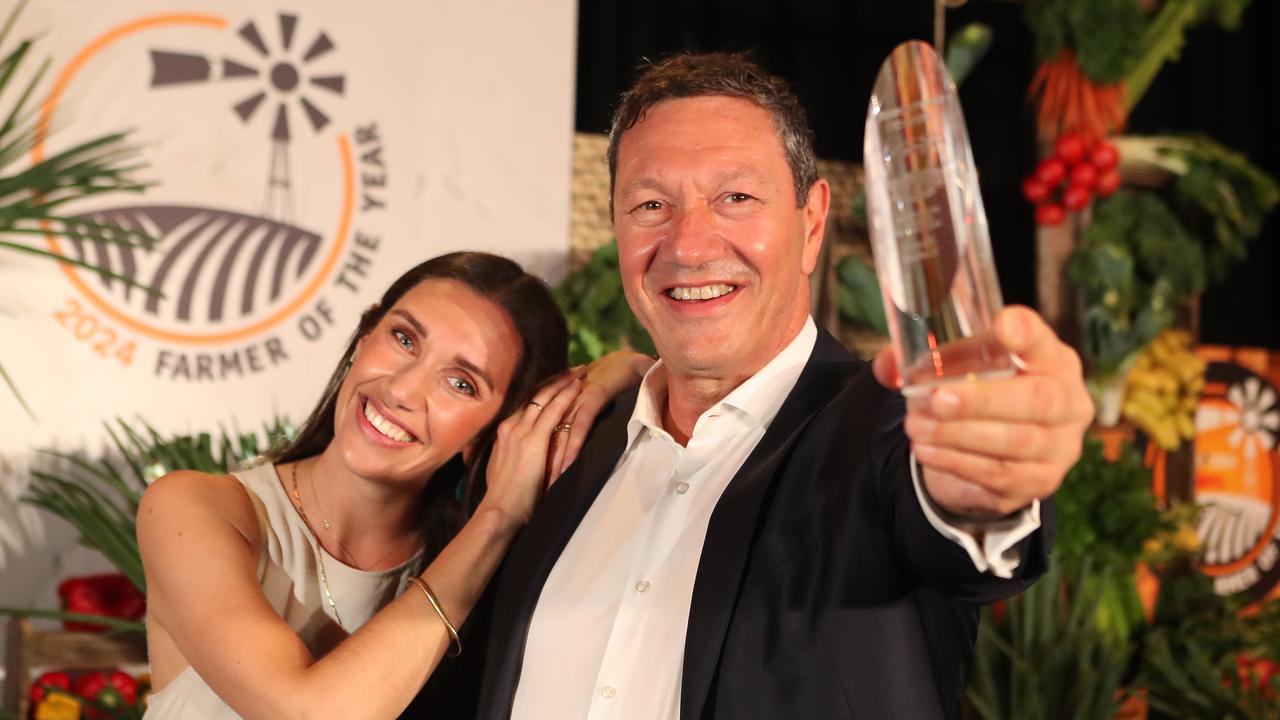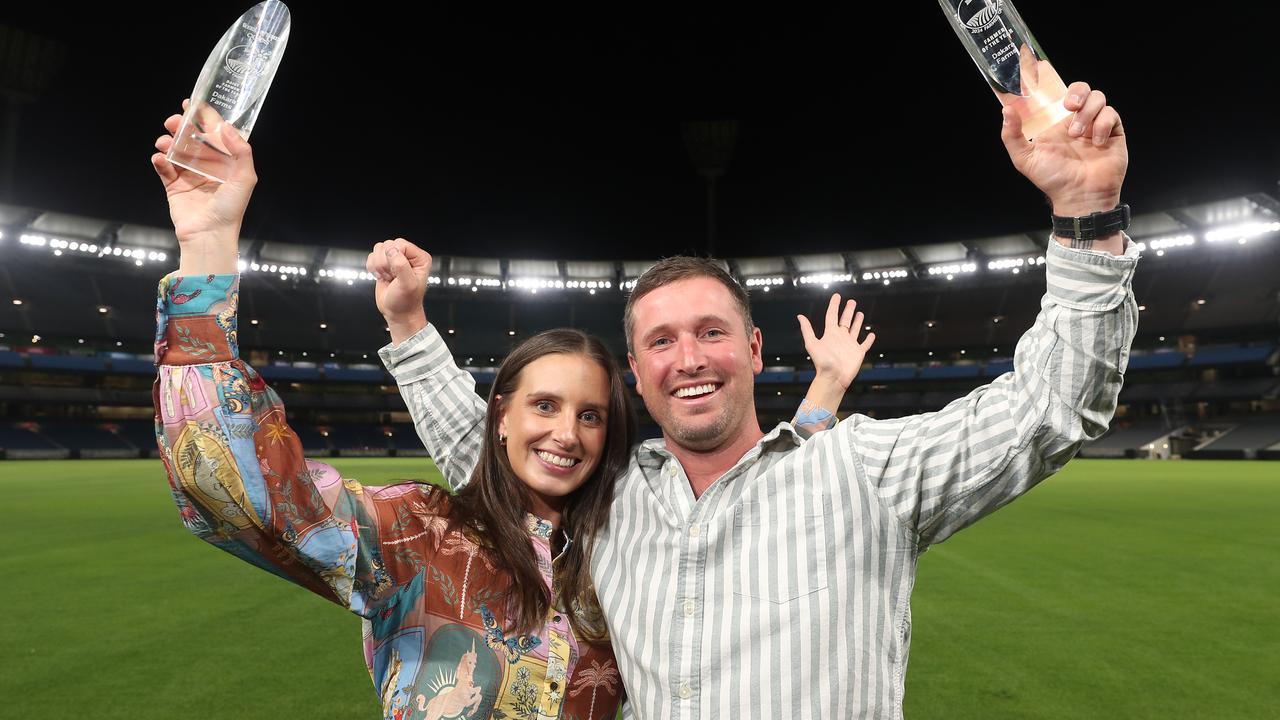Kaniva farmer Ross McDonald keeps environment front and centre
ROSS McDonald is a reluctant poster child for climate change’s impact on agriculture

ROSS McDonald is a reluctant poster child for climate change’s impact on agriculture. “I’m not a confident speaker, I wish I was, but I’m not,” says the fourth-generation cropping farmer from Kaniva, in the Wimmera.
“But as a farming community I believe we need to have a bigger voice. We don’t talk about it because we don’t know what to do.
“The deniers say it’s rubbish but there’s a realisation among farmers that something is going on.”
Since Ross and his wife, Fran, took over their-now 900ha family farm in 1985, he said it was initially his boyhood memories of yabbying and duck shooting in the nearby swamp that fuelled his environmental concerns. Then, as the years went on, he said it was his conscience that kicked in.
Among his many roles, Ross is a member of the Environmental Farmers Network, an inaugural member of the Kaniva Landcare Group and the Wimmera representative of Victoria’s Landcare Council.
FAMILY TRUST
ON the McDonalds’ farm, 200ha has been set aside as Trust for Nature covenants to protect the Merwyn Swamp, an issue that fires Ross up.
“I don’t have any off-farm income. For me, it’s a luxury to set aside that land. That could have been productive land but I’ve deliberately taken it out to protect it,” he said.
“There’s wetlands now drying out and farmers have been opportunistic and turned them into cropping land. I don’t blame them for it. But I do believe farmers should be rewarded for looking after the land.”
As vital as wildlife corridors are, Ross said his key focus had been on farming his remaining 700ha with an environmental conscience — not always easy or successful.
A third of the farm is devoted to legume crops, with a three-year rotation of a legume, followed by wheat then barley. Two-thirds of the property is planted to cereals which yield about 2 tonnes per hectare, down half a tonne in the past 15 years.
After harvest, every summer Ross buys in 300-500 lambs aged three-four months, fattens them on legume stubble and sells them at nine months to Bendigo or Ballarat saleyards or direct to abattoir. He also agists 1000 Merinos to graze cereal stubble.
Ross has a crop of canola dedicated to biofuels. This year, for the first time, he hopes to supply Yarrock Energy and Farm at Kaniva with 20 tonnes of canola, which will then produce 10,000 litres of biofuel — a year’s supply of petrol for Ross.
“We need to be replacing coal and oil and this is a way farmers can do it, by growing their own fuel,” he said.
TRIAL AND ERROR
IN THE late 1970s Ross tried organic cropping for a short time.
But because of his heavy clay soils, cultivation to control weeds was difficult. So he opted to farm conventionally, now using minimum till with knifepoint and press wheel, alongside herbicides.
“I’m not sure using large amounts of herbicide is sustainable or good but the fact is we have to do it,” he said.
“I’m careful with spraying. I don’t spray on windy days and I don’t use aircraft, but a boom spray on the ground.
“I laugh at people who say the whole world should be organic. If we did, half the population would starve to death.”
Ross avoids use of urea, not only because there have been instances where it killed crops in the district, but also because he claims it turns into a damaging atmospheric gas.
With other members of Kaniva Landcare, Ross has taken part in various “non-scientific” demonstration trials.
For two years he hosted one of three trial sites to cultivate biochar into the soil, the idea being to store carbon in the soil and benefit crop production. Results showed while there were some benefits, it was too costly.
KNOW HOW
MANY of these trials worked in conjunction with the-then Department of Primary Industries and Wimmera Catchment Management Authority, both of which Ross said had suffered budget cuts, losing priceless knowledge.
Over the three decades Ross has managed the property, he has noticed considerable changes to the environment. The average annual 450mm of rain has reduced to 360-380mm while temperature has increased together with frosts.
“Most rural communities don’t know what to do. Acknowledging climate change is acknowledging something you don’t have control over,” Ross said.


